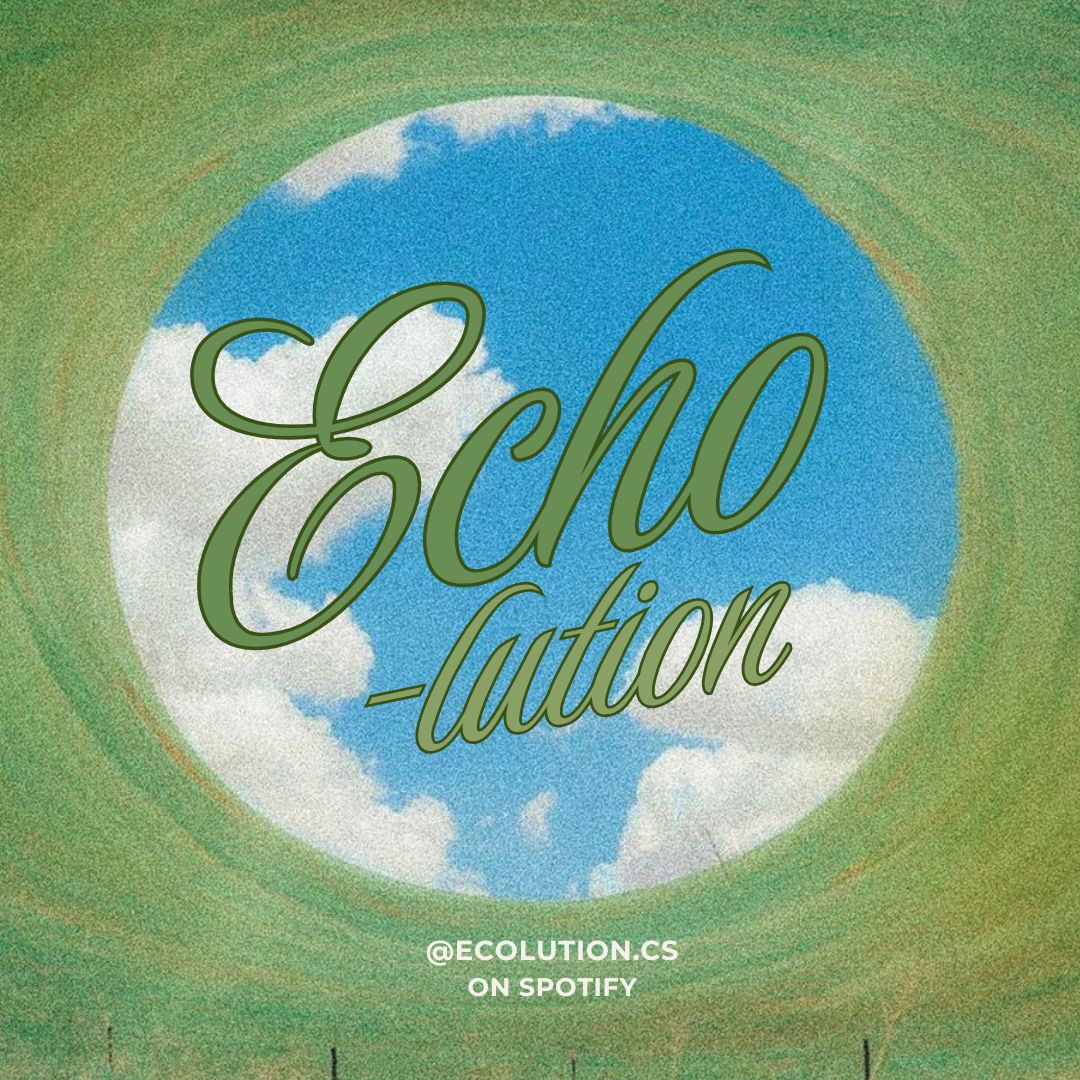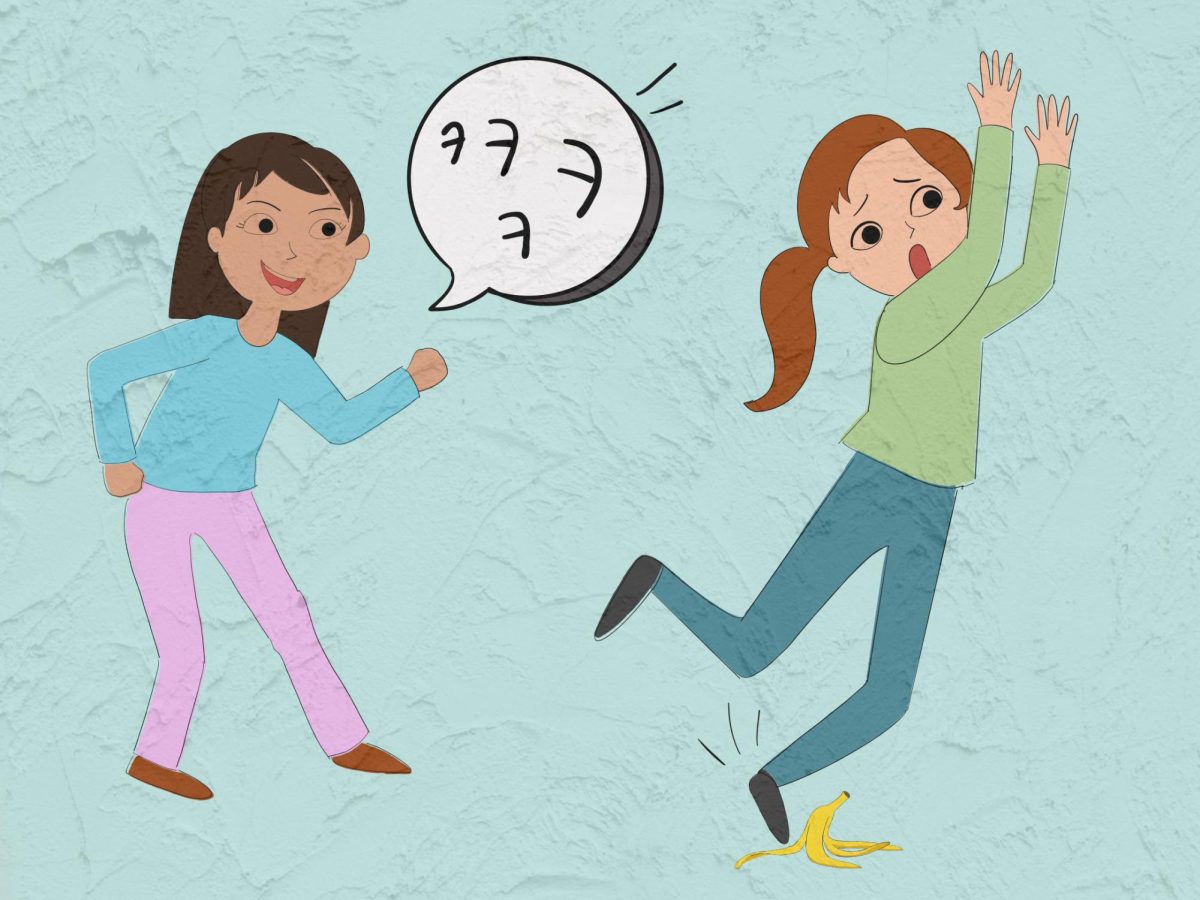“The blessed in the kingdom of heaven will see the punishments of the damned so that their bliss will be that much greater,” wrote the Italian priest St. Thomas Aquinas in “Summa Theologiae.” Ever since the outset of civilizations, human beings have experienced pleasure in others’ misfortunes. Try to deny it, but we are Cruel with a capital C. “Schadenfreude” (shaa·duhn·froy·duh) captures this twisted situation in the media and our daily lives – you cheer when others throw shade at the celebrity you hate and flash a gleeful smile when your nemesis receives a bad grade.
Nearly everyone feels schadenfreude, one way or another. Before governments outlawed murder for entertainment, our ancestors raptly watched gladiators kill one another—their equivalent of the World Cup. They didn’t blink an eye at the anguish of the fighters and copious bloodshed that wet the grounds of the Colosseum. Although we, as civilized individuals in the 21st century, never cheer when people murder one another, we still undergo similar situations—just at a milder scale. We need not feel shame at this inherent aspect of human nature.
For instance, take a look at DIS. One anonymous Jet said, “There are some friends in class who are sometimes overconfident and a little bit less humble… When these friends get unsatisfactory scores on the test, and they are sad, I …think, ‘Okay, so be humble.’” A teacher also commented that they experienced schadenfreude when a student did not work their hardest and received a lower grade.
What major factors contribute to the phenomena today? Well, research shows that this dark pleasure encroaches on us daily. We see the ugly truth of human nature close to home in the form of hurtful teases and offenses. Memes, reality shows, and celebrity conflicts further normalize such mockery. The 21st century loves drama: we obsess over every outrageous scandal and gasp as the Kardashians rip each other’s hair out.
This twisted delight also pops up on campus. Mr. Balint, a secondary science teacher, takes a part in this trend: “For me, I feel that I get comical pleasure out of watching videos of little kids getting hurt, assuming that it’s not seriously hurt…I don’t know if pleasure is the right word for it, but I laugh…I also get an intense feeling of gratification when I see really nasty or rude people get like some kind of karmic retribution.”
In popular media, content like the Karen meme embodies schadenfreude. Mr. Balint said, “A couple of years ago this started to get popular…where people who are very rude to employees or jobs …maybe getting the cops called on them, and I derived a lot of pleasure from that…deriving pleasure from someone’s pain, even if it’s justified pain, it is a weird concept. But I do feel that such pleasure is justified and valid.”
Cruelty causes tangible harm to society as well. Just look at the skyrocketing rates of violent crimes these days. In 2023 alone, two mass shootings happen per day on average in the U.S. Schadenfreude lurks in our primitive instincts, but this fails to justify ruthless actions. Society must continue to act with caution and differentiate personal emotions from morality.
The twisted joy we feel from others’ hardships appears in our daily lives. Take a look in the mirror. Do you take pleasure in others’ pain? The next time you smirk at your friend’s failure, ask yourself if you fell victim to schadenfreude.






















































Jerome • Nov 16, 2023 at 6:30 pm
Great article on Schadenfreude! I sometimes feel this as well, and this article explains the reasons behind it!
Andy • Nov 16, 2023 at 6:26 pm
I really like how you used teachers to provide examples in this article. Keep up the great work.